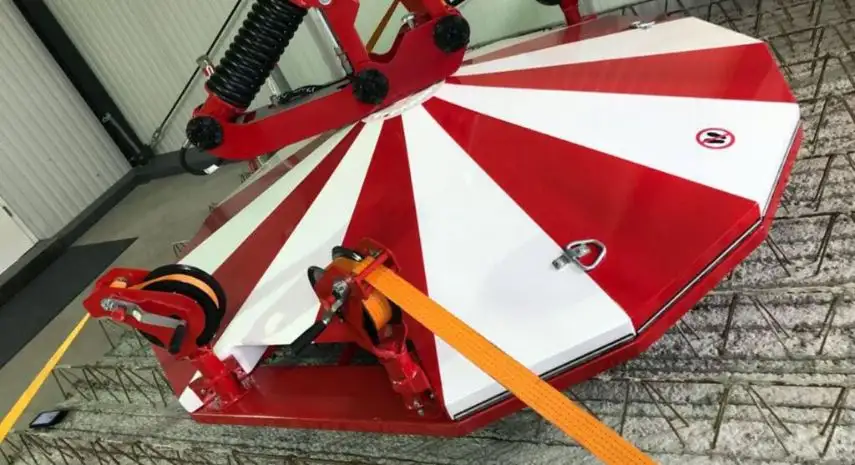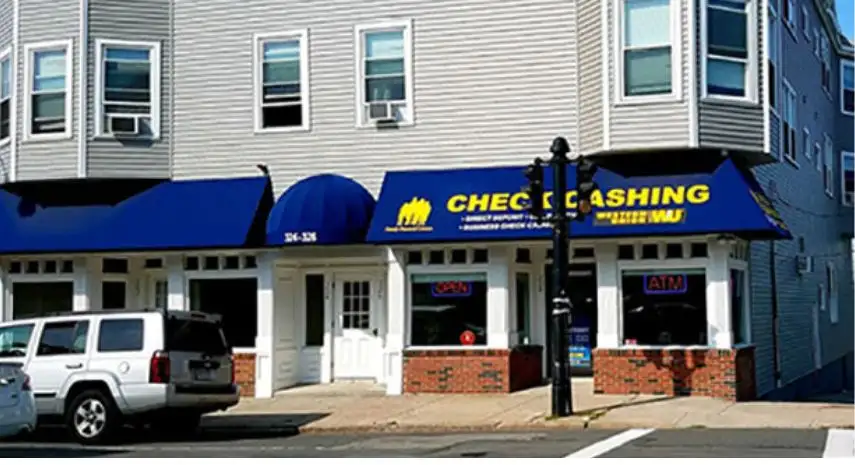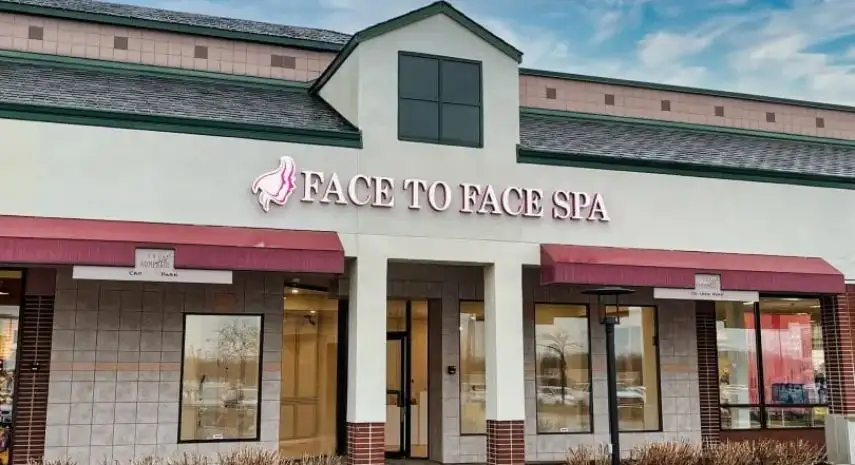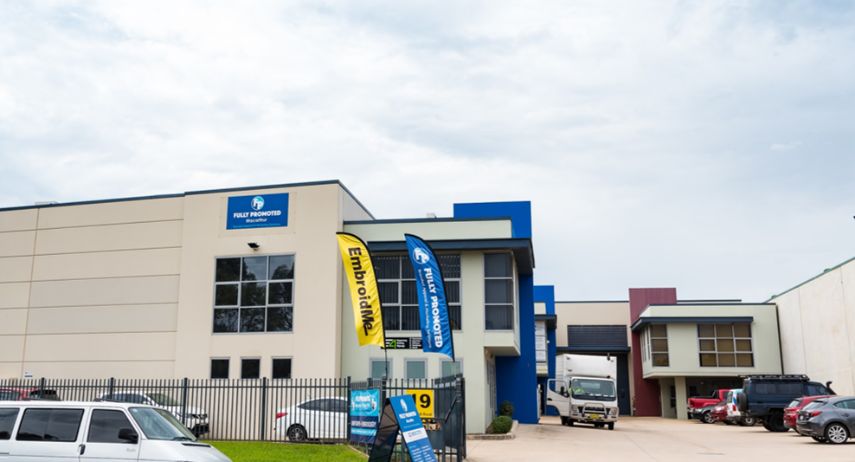SBA 7(a) vs 504: Which Loan Fits Your Growth Plan?

When small business owners think about financing expansion, two names stand out: SBA 7(a) loans and SBA 504 loans. Both are backed by the U.S. Small Business Administration (SBA) and designed to help entrepreneurs secure affordable funding. But the real question is—which loan aligns with your growth plan?
In this guide, we’ll break down SBA 7(a) vs SBA 504 loans, covering their uses, benefits, requirements, and ideal scenarios, so you can confidently choose the loan that supports your business’s future.
Understanding SBA 7(a) Loans
The SBA 7(a) loan program is the SBA’s most popular financing option. It’s flexible, versatile, and works well for businesses that need general funding.
Key Features of SBA 7(a) Loans:
-
Loan Amounts: Up to $5 million
-
Terms: Up to 25 years (depending on use)
-
Interest Rates: Variable, typically Prime + 2.25% to 4.75%
-
Use of Funds: Working capital, equipment purchase, refinancing existing debt, business acquisition, inventory, and more
-
Down Payment: Usually 10–20%
Best For:
-
Entrepreneurs needing flexible funding
-
Businesses purchasing another company
-
Owners consolidating or refinancing debt
-
Working capital for growth and operations
Think of SBA 7(a) as the all-purpose loan—a great option if you need financing across multiple areas of your business.
Understanding SBA 504 Loans
The SBA 504 loan program is specifically designed to support long-term investments in fixed assets that fuel expansion. It’s perfect for businesses that want to purchase real estate, heavy equipment, or build a new facility.
Key Features of SBA 504 Loans:
-
Loan Amounts: Up to $5.5 million (sometimes more for energy projects)
-
Terms: 10, 20, or 25 years
-
Interest Rates: Fixed, typically lower than SBA 7(a) rates
-
Use of Funds: Commercial real estate, land purchase, construction, renovations, and large equipment
-
Down Payment: As low as 10% (lenders cover 50%, Certified Development Companies (CDCs) cover 40%, borrower covers 10%)
Best For:
-
Businesses purchasing or renovating a commercial property
-
Companies investing in long-term equipment
-
Expansion projects requiring substantial fixed assets
Think of SBA 504 as the growth infrastructure loan—built to help you expand with real estate and major assets.
SBA 7(a) vs 504: Side-by-Side Comparison
| Feature | SBA 7(a) Loan | SBA 504 Loan |
|---|---|---|
| Loan Amount | Up to $5 million | Up to $5.5 million (higher for some) |
| Interest Rates | Variable (Prime + spread) | Fixed, often lower |
| Use of Funds | Flexible: working capital, debt refi, equipment, acquisitions | Fixed assets: real estate, equipment, construction |
| Terms | Up to 25 years | 10, 20, or 25 years |
| Down Payment | 10–20% | As low as 10% |
| Best Fit For | General business needs and growth | Long-term expansion through assets |
Which SBA Loan Fits Your Growth Plan?
The right choice depends on your business goals:
-
Choose SBA 7(a) Loan If:
-
You need versatile financing for working capital, debt consolidation, or acquiring another business.
-
Flexibility matters more than fixed rates.
-
You want to fund different aspects of growth—not just real estate.
-
-
Choose SBA 504 Loan If:
-
You’re investing in commercial real estate or heavy equipment.
-
Your business has long-term expansion plans tied to property ownership.
-
You want stable, low fixed interest rates for predictable payments.
-
Pro Tips for SBA Loan Approval
No matter which loan you choose, preparation is key. Here are some tips to strengthen your application:
-
Build Strong Credit: Aim for a personal credit score above 680.
-
Show Cash Flow Stability: Demonstrate your ability to repay the loan.
-
Prepare a Solid Business Plan: Outline how the loan will fuel growth.
-
Organize Financial Documents: Tax returns, balance sheets, and income statements matter.
-
Work with an Experienced Lender: Choose an SBA-preferred lender for faster processing.
Final Thoughts
Both SBA 7(a) and SBA 504 loans can be powerful tools to scale your business—but the right choice depends on your growth strategy. If flexibility is what you need, the 7(a) loan wins. If long-term expansion through property or equipment is your priority, the 504 loan is your best bet.
By aligning your financing choice with your business goals, you’ll not only secure the right capital but also set your company up for sustainable growth.





